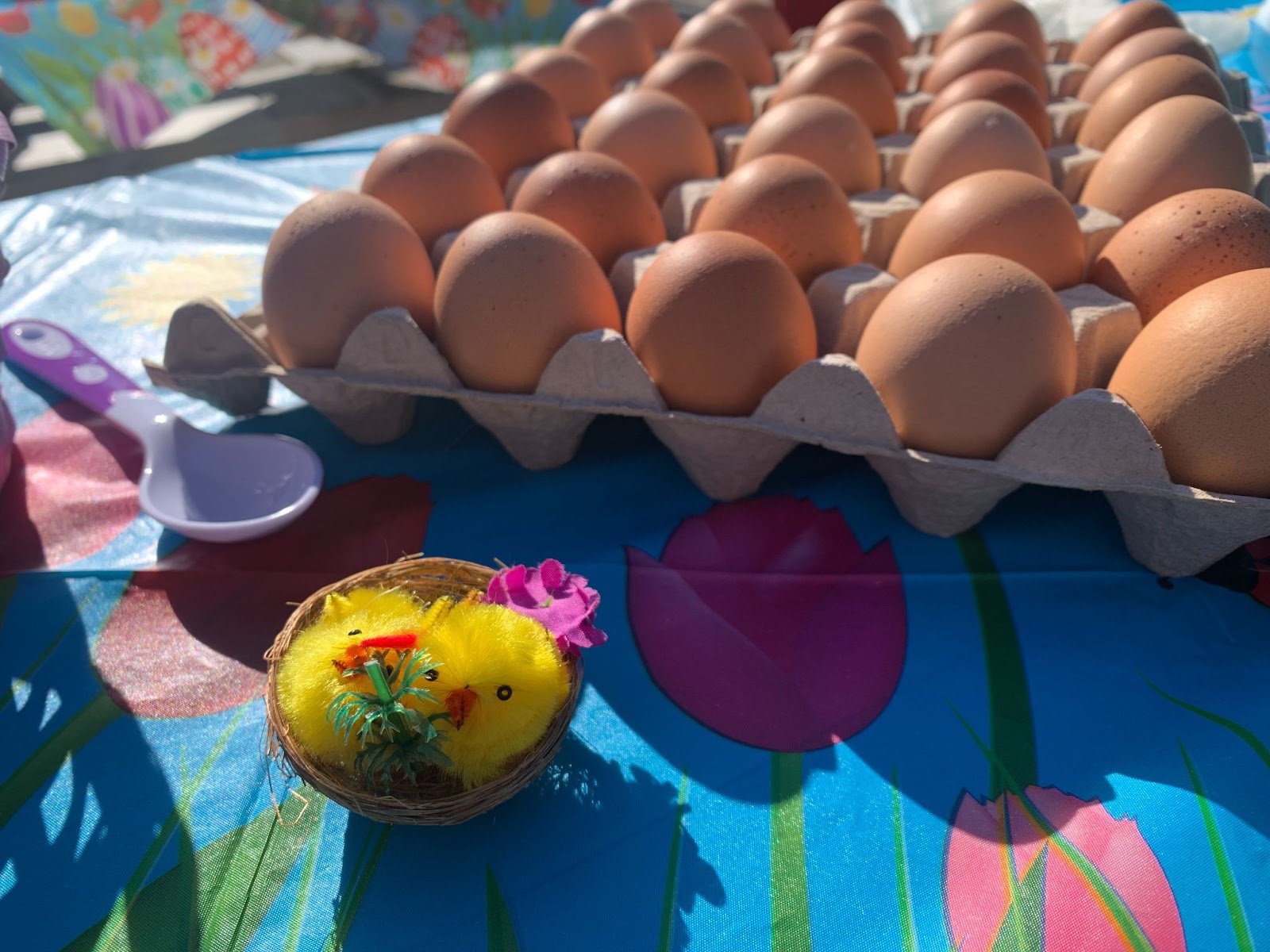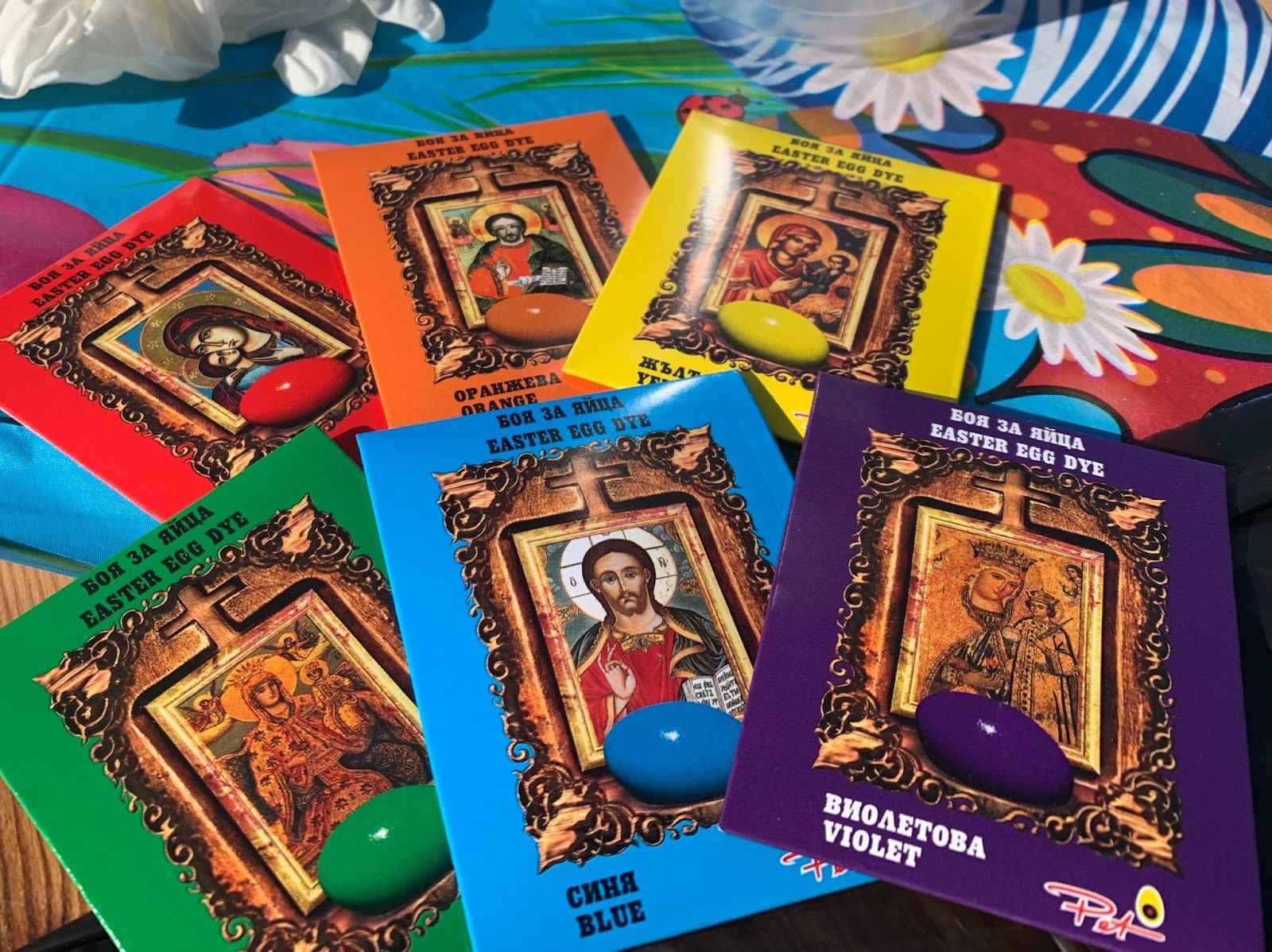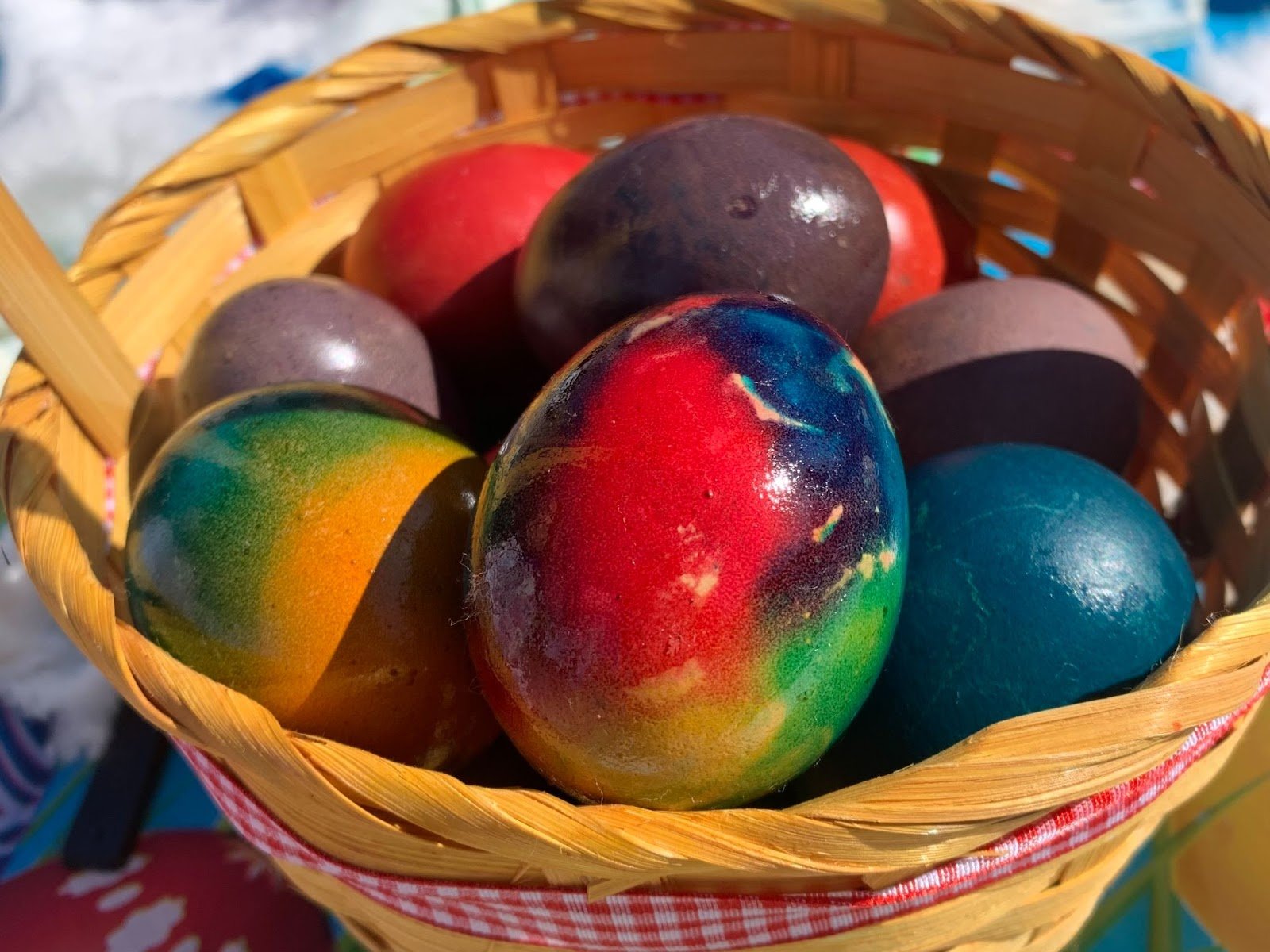Easter Traditions
For Christians world-wide, the season of Christ’s crucifixion and resurrection is full of meaning and attached traditions. The Church in Bulgaria has no shortage of celebrations, and it has been fascinating to learn about those associated with this season. As an orthodox country, churches in Bulgaria follow the traditional Eastern Orthodox liturgical calendar, which is the Julian calendar as opposed to the Gregorian calendar. As one who has been exposed to mostly protestant and catholic traditions which follow the latter calendar, this was surprising news because it means that holidays surrounding Easter are celebrated a week later in Bulgaria than when my community usually celebrates. This difference, although confusing at first, has been quite fun for me because prolonging the season has allowed me to contemplate the meaning of Jesus’ death and resurrection with more intentionality as I participate in connection with both those back home in the west and here in Bulgaria.
Palm Sunday is a holiday celebrated one week before Easter, and it’s dedicated to the welcoming of Jesus in Jerusalem - both a fulfillment of prophecy and a stark contrast to how people would later react to Jesus, from praising Jesus as king and later shouting for his crucifixion.
“Blessed is the king who comes in the name of the Lord!” - Luke 19:38 (NIV)
“But they kept shouting, ‘Crucify him! Crucify him!’” - Luke 23:21 (NIV)
In Bulgaria, this holiday is called Цветница (Tsvetnitsa), translated Flower Sunday. On this day, one may see many people carrying twigs and flowers. Like the photo above, wreaths are then fashioned to be hung on gates or doors of one’s house. The significance of this for some is to represent the palm leaves with which Jesus was welcomed, and for others, it is for protection against evil and infertility, perhaps passed down from Bulgarian folklore. Not only is Tsvetnitsa a Christian holiday, but also a name day where all those with names derived from plants and flowers are celebrated.
The following Thursday is an important day during this holy week as it celebrates the Last Supper and Communion Jesus shared with his apostles. In Bulgarian tradition, Holy Thursday or Holy Saturday are when Easter eggs are dyed. The first egg should be dyed red as a symbol of Jesus’ blood poured out for people. The traditional sweet bread, Kozunak, is also made during this time as a symbol of Christ’s body.




